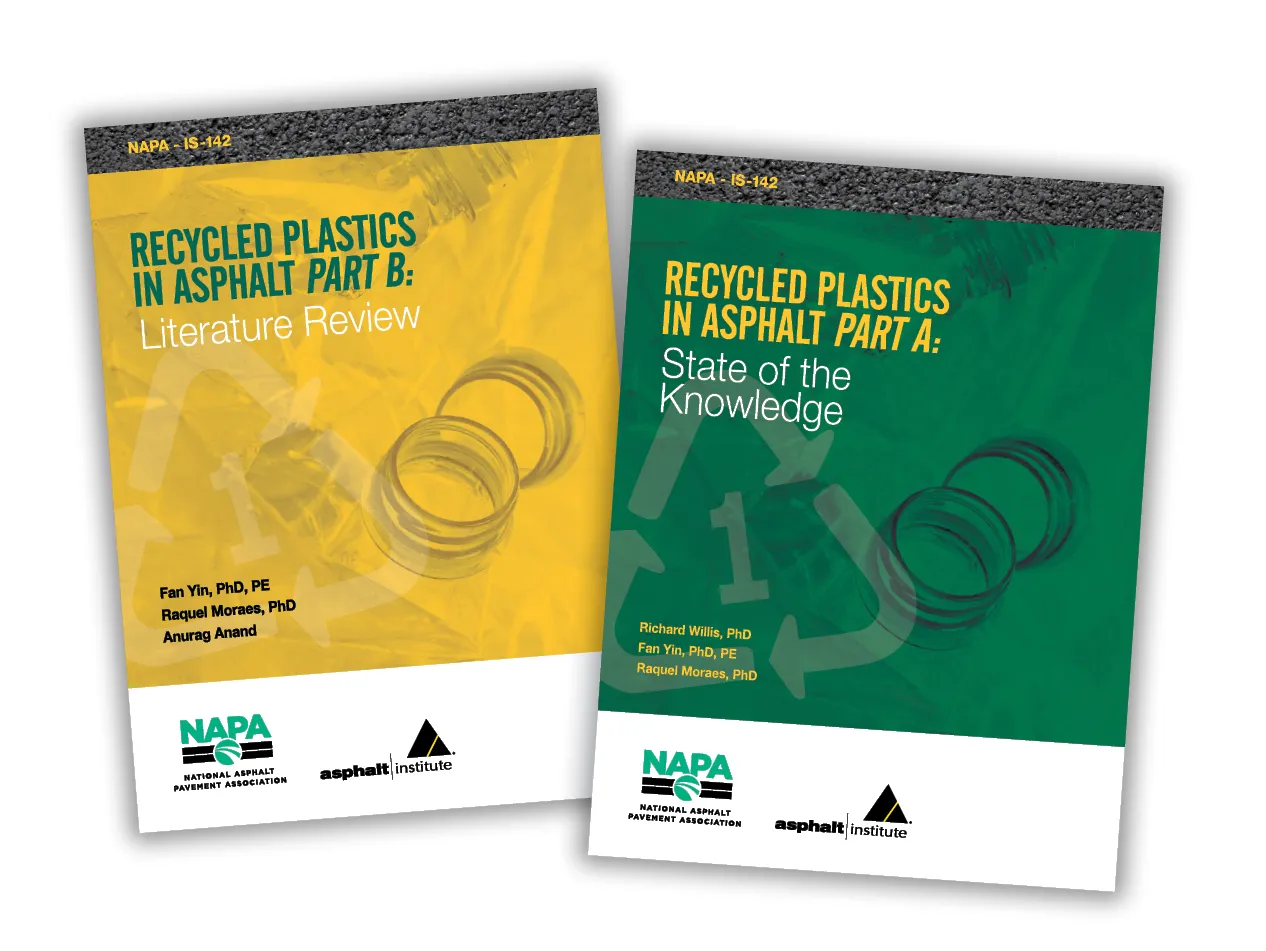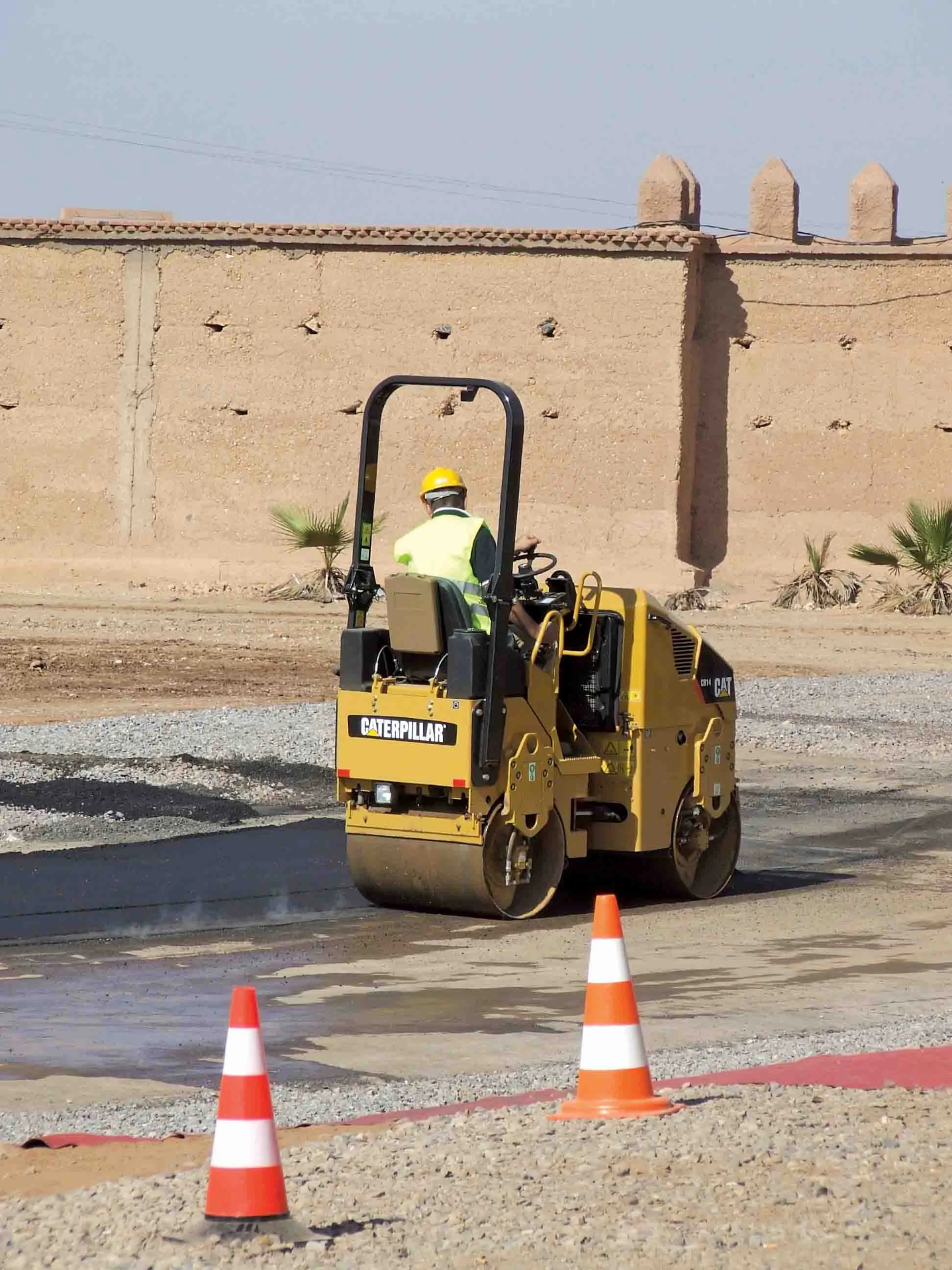
Using waste plastics to modify binders and strengthen pavements is fast gaining ground as having obvious economic and environmental benefits. But two recent reports from the National Asphalt Pavement Association (NAPA) and the Asphalt Institute, both in the US, question this assumption.
A joint taskforce created by the two organisations was set up in October 2019 to evaluate the use of recycled plastics in asphalt. Its members include industry experts from North America and Europe.
Recycled Plastics in Asphalt Part A: State of the Knowledge, published in November 2020, provides a comprehensive look at issues around types of waste plastic, recycling issues, environmental benefits and hazards. The report cites research and trials to highlight multiple issues and concludes further investigation is needed before large-scale use of plastics in roads should be encouraged.
Part A is backed up by a second report, Recycled Plastics in Asphalt Part B: Literature Review, which was commissioned by the taskforce from the National Center for Asphalt Technology (NCAT). The researchers evaluated 110 research reports, journal articles and trade publications, summarising scopes of work, findings and recommendations.
One of the big challenges discovered by the taskforce is that there is not enough hard data. India could be a good source of information on long-term performance because waste plastics have been used in roads in India for over 15 years, but the researchers found no data. Meanwhile, the use of recycled plastics in mixes in other countries is relatively recent. The concern is that while modifying binders with plastic can increase a pavement’s stiffness, it can also lead to problems with premature cracking and fatigue.
One of the important issues when selecting a waste plastics stream is chemical composition, according to the report. Only certain plastics seem suitable for asphalt modification, with polyethylenes (PE) being the most commonly used. However standard asphalt binder tests, including the Superpave performance grading (PG) may not be applicable to binders modified with plastics, warns the report.
The report also raises significant environmental concerns. Hazardous air pollutants could be released at the asphalt mixing plant, creating potential health risks for workers. There are also unanswered questions about the leaching of harmful chemicals, microplastics and nano-plastics during service and end-of-life milling. It is not clear yet whether pavements containing waste plastics can themselves in turn be successfully recycled.
In conclusion, the taskforce urges a slow and measured approach to the deployment of waste plastics in roads. According to the report, “research takes time and rushing [greater use of] plastic for political reasons or for economic reasons is not optimal. Remember that it has taken 40 years to get a national average of 21% RAP in asphalt mixtures.”
Both documents are free to download from NAPA.







